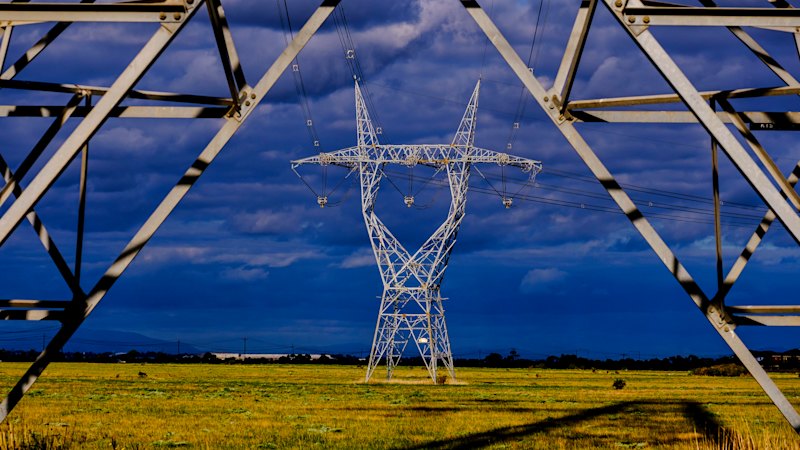
The transition to clean energy is accelerating as Australian power companies adapt to a changing market driven by increasing consumer demand for solar energy solutions. The surge in solar panel and battery installations is prompting customers to seek out the best plans to harness inexpensive or even free energy and to profit from selling surplus solar power back to the grid.
Origin Energy is at the forefront of this shift. The company was the first major Australian power supplier to invest in innovative technology, purchasing a minority stake in UK-based Octopus Energy five years ago. This partnership brought the advanced customer management platform, known as Kraken, to Australia.
Kraken: A Game-Changer in Energy Management
Kraken is designed to streamline customer service operations by integrating multiple functions—billing, sales, and meter inquiries—into a single platform. This reduces the need for customers to navigate between different departments and lowers the overall cost to serve. According to Greg Jackson, co-founder of Octopus Energy, “Just like in fintech, there is a digital revolution in energy.”
The platform’s most significant feature is its ability to offer real-time variable pricing, allowing consumers to optimize their energy use. Customers can automate the operation of solar panels, electric vehicle (EV) charging, and other appliances based on the best pricing available. This capability positions Kraken as a vital player in the evolving energy landscape.
Within less than a decade, Octopus Energy has grown from a start-up to serving 7.5 million accounts, representing over a quarter of all homes in the UK. Kraken’s success has led to its licensing in 18 countries, and there are reports that it may be spun out into a standalone entity valued at up to £10 billion ($20 billion). Analysts at UBS and Macquarie offer more conservative valuations, with estimates ranging from £3.4 billion ($7 billion) to £5.8 billion ($11.6 billion).
Since Origin migrated its 4.7 million Australian customers onto Kraken in 2023, the results have been promising. Customer loyalty scores have improved, churn rates have decreased, and complaints to the ombudsman have fallen. This technological edge also allows Origin to innovate and respond rapidly to customer needs in a market increasingly populated by solar panels, batteries, and EVs.
Innovations to Meet Future Demand
One of Origin’s new offerings is the EV Power Up, which enables customers to designate when they want their EV charged. The platform automatically selects the optimal times for charging at an ultra-low capped rate of 8¢ per kilowatt-hour, which could enable charging a Tesla Model Y for approximately $5.
As the Albanese government has introduced rebates that reduce battery installation costs by 30 percent, the uptake of home batteries is expected to surge. This situation allows Origin to expand its virtual power plant (VPP) network, called Loop, which aggregates energy stored across numerous households. The Loop network, comprising over 400,000 devices, is now the largest in Australia and boasts a capacity of 1.5 gigawatts, surpassing that of a typical coal-fired power station.
Jon Briskin, Origin’s executive general manager of retail, asserts, “This orchestration is real, it’s here, it’s building fast. I certainly feel like we are at a competitive advantage to have that technology that can move at greater speed.” As the energy market evolves, the ability to coordinate household energy consumption and output will be increasingly important, according to analysts.
The demand for innovative energy retail products is mirrored by other companies as well. AGL, for example, acquired a 20 percent stake in the Kaluza technology platform for $150 million, intending to migrate its 4 million power and gas customers over the coming years. Jo Egan, AGL’s chief customer officer, emphasizes the shift from a traditional billing model to a more complex and integrated service provision, stating, “When you are working in a world like we are now, where the energy market is changing so frequently, the best situation is that you can deploy and innovate products quite rapidly and at low cost.”
The clean energy era is upon us, and companies like Origin Energy and AGL are gearing up to meet the evolving needs of consumers. With technology at the helm, the future of energy management promises to be more efficient and customer-focused, paving the way for a sustainable energy landscape.







